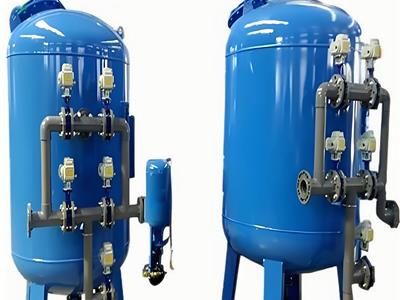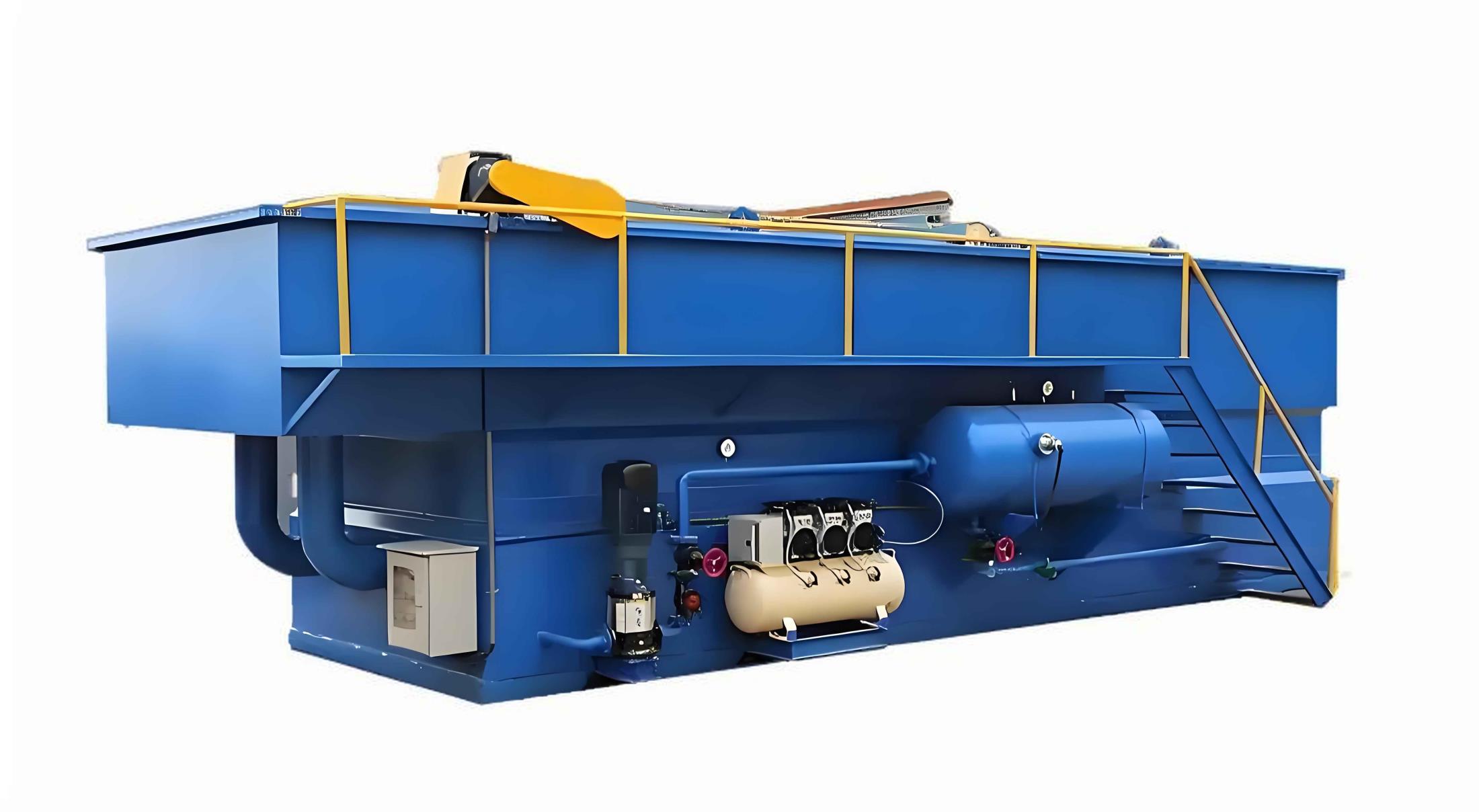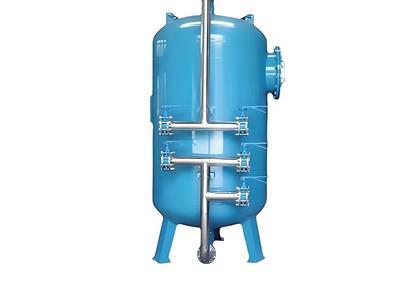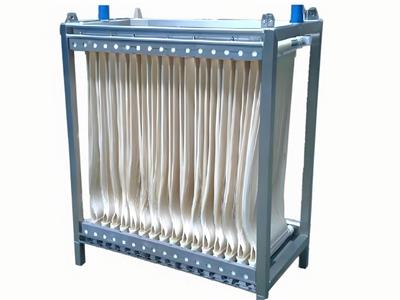- 2025-07-09
Portioning (Sample Division)
Portioning (Sample Division)
Sample division refers to the precise quantitative portion taken from the original sample, which maintains a high degree of consistency in its chemical composition with the parent sample. In analytical chemistry, sample division must adhere to the following core principles:
Homogeneity: Ensuring uniform properties across all divided samples through thorough mixing
Accuracy: Using volumetric instruments (e.g., pipettes/graduated flasks) to control sampling error to ≤0.5%
Applicability: Suitable for liquid, solid, and gaseous samples
Special applications in the pharmaceutical field
By performing parallel measurements of split samples and blank control solutions, the method quantifies the content of target components at a preset detection limit (such as the ppm-level sensitivity of HPLC), and this approach complies with the USP<1225> validation specifications of the United States Pharmacopeia.






